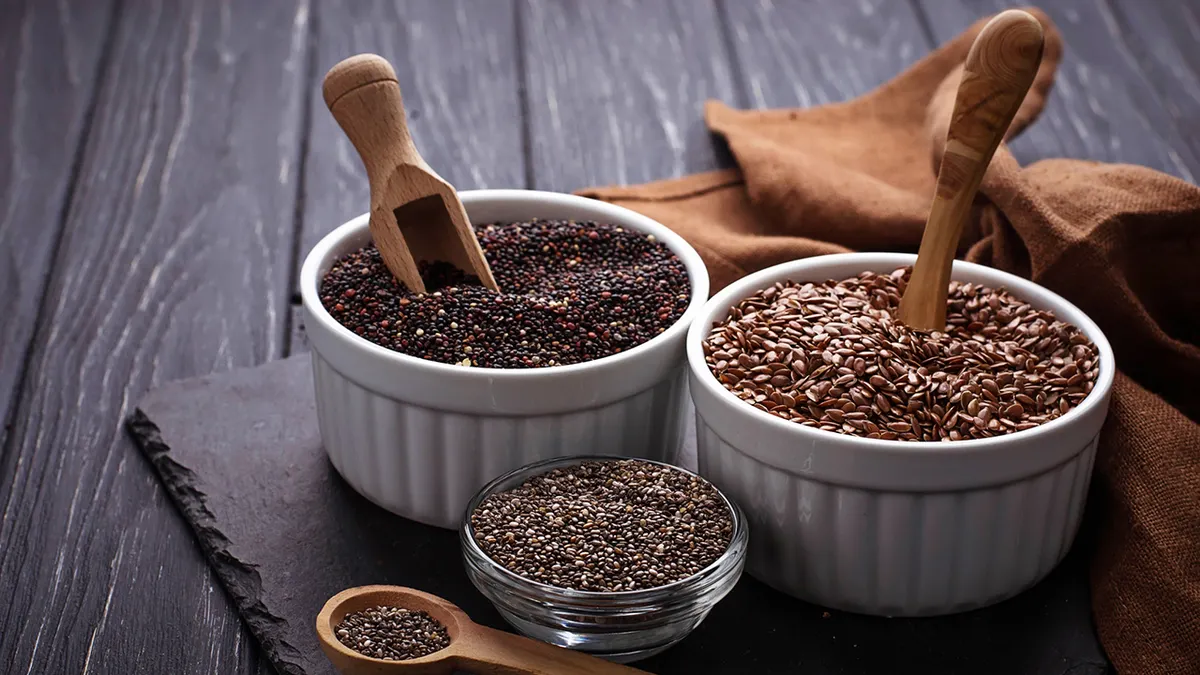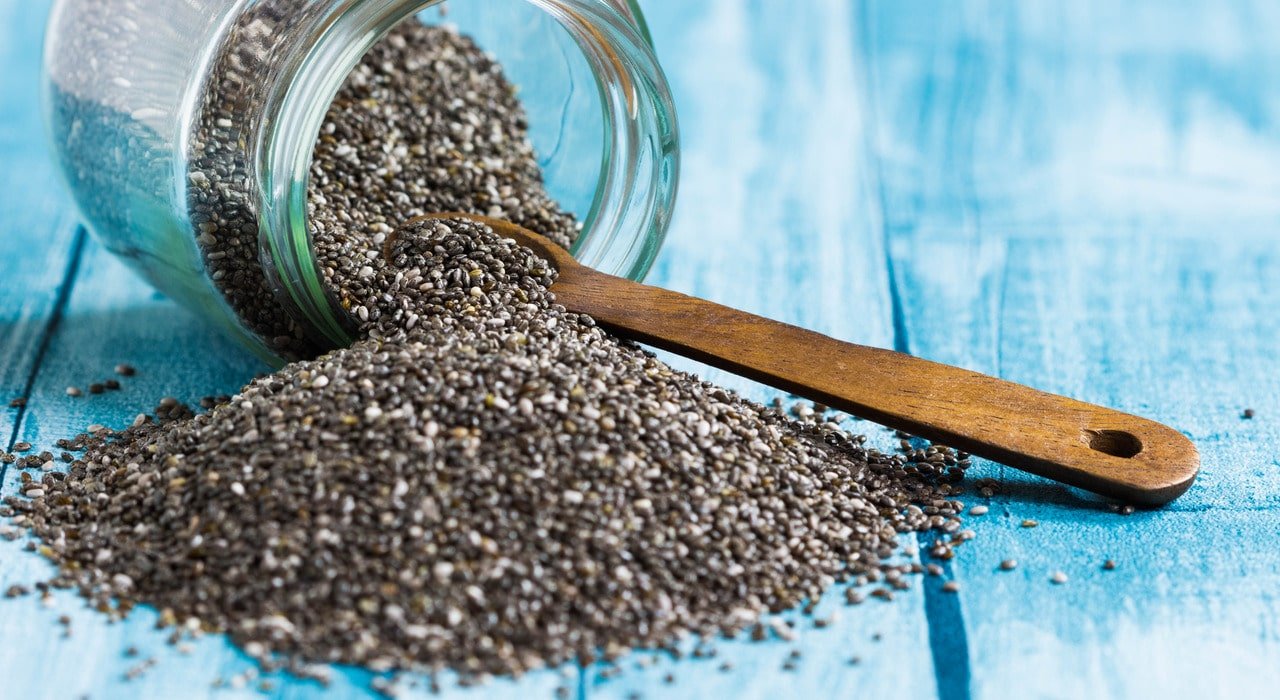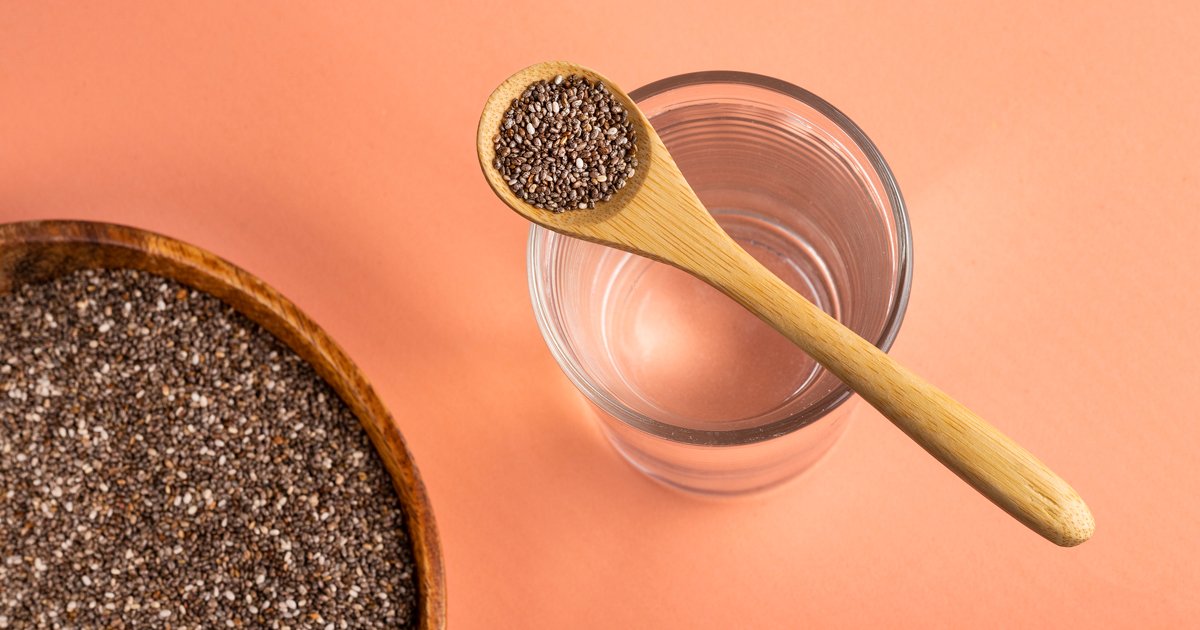Chia seeds have been hailed as a superfood for their numerous health benefits, including high fiber content, omega-3 fatty acids, and various essential nutrients. However, there’s a growing debate about whether chia seeds might worsen constipation for some people. In this article, we explore the potential effects of chia seeds on constipation and share expert insights from nutritionists to help you make informed dietary choices.

Understanding Chia Seeds and Their Nutritional Profile
Chia seeds come from the Salvia hispanica plant, which is native to Central and South America. These tiny black or white seeds are packed with nutrients:
- Fiber: Chia seeds are incredibly high in dietary fiber, with 10 grams of fiber per ounce. This includes both soluble and insoluble fiber.
- Omega-3 Fatty Acids: Rich in alpha-linolenic acid (ALA), a type of omega-3 fatty acid that supports heart health.
- Protein: Chia seeds are a complete protein source, containing all nine essential amino acids.
- Antioxidants: They are abundant in antioxidants, which help fight free radicals and reduce inflammation.
- Vitamins and Minerals: Chia seeds provide calcium, magnesium, phosphorus, and manganese, essential for bone health and metabolic functions.
The Role of Fiber in Digestion
Fiber is crucial for healthy digestion. Soluble fiber, which forms a gel-like substance in the digestive tract, helps soften stool and regulate bowel movements. Insoluble fiber adds bulk to stool, promoting regularity and preventing constipation. Given chia seeds' high fiber content, they can be beneficial for digestion when consumed correctly.

Can Chia Seeds Cause Constipation?
Despite their benefits, some people report experiencing constipation after consuming chia seeds. This paradox arises from how chia seeds interact with the digestive system:
-
Hydration Matters: Chia seeds absorb up to 12 times their weight in water. If consumed without sufficient hydration, they can absorb water from the digestive tract, potentially leading to dehydration and hard stools.
-
Fiber Overload: For individuals unaccustomed to high fiber intake, consuming large amounts of chia seeds can overwhelm the digestive system. A sudden increase in fiber can cause bloating, gas, and constipation.
-
Individual Differences: Each person's digestive system is unique. Factors such as gut microbiota, overall diet, and hydration levels play a role in how chia seeds affect digestion.
Nutritionist’s Perspective on Chia Seeds and Constipation
To gain a better understanding, we consulted with registered dietitian and nutritionist, Sarah Thompson, who offers her insights on the topic.
"Chia seeds are an excellent source of fiber and can support digestive health when consumed appropriately. However, it's essential to consume them with adequate water and gradually introduce them into your diet," Thompson advises.
Tips for Consuming Chia Seeds Safely
To reap the benefits of chia seeds without the risk of constipation, consider the following tips:
-
Stay Hydrated: Always drink plenty of water when consuming chia seeds. Aim for at least one glass of water for every tablespoon of chia seeds.
-
Soak Chia Seeds: Pre-soaking chia seeds in water or another liquid for at least 20-30 minutes can help prevent them from absorbing water from your digestive tract. This also makes them easier to digest.
-
Gradual Increase: If you're new to chia seeds, start with a small amount (e.g., one teaspoon) and gradually increase your intake to allow your digestive system to adjust.
-
Balanced Diet: Ensure your diet includes a variety of fiber sources from fruits, vegetables, whole grains, and legumes. This balanced approach supports overall digestive health.
-
Listen to Your Body: Pay attention to how your body responds to chia seeds. If you experience any discomfort or digestive issues, consider adjusting your intake or consulting with a healthcare professional.

Alternatives to Chia Seeds for Fiber Intake
If chia seeds don't agree with your digestive system, there are plenty of alternative sources of fiber that can help maintain regular bowel movements:
- Flaxseeds: Similar to chia seeds, flaxseeds are high in fiber and omega-3 fatty acids. Ground flaxseeds are easier to digest and can be added to smoothies, oatmeal, or baked goods.
- Psyllium Husk: This soluble fiber supplement is highly effective at promoting regularity and can be mixed with water or added to recipes.
- Fruits and Vegetables: Apples, pears, berries, broccoli, and Brussels sprouts are excellent sources of fiber that can support digestive health.
- Whole Grains: Foods like oats, quinoa, brown rice, and whole wheat products provide both soluble and insoluble fiber.
- Legumes: Beans, lentils, and chickpeas are rich in fiber and can be incorporated into a variety of dishes.
Chia seeds can be a valuable addition to your diet, offering numerous health benefits, including improved digestion. However, it’s crucial to consume them properly to avoid potential constipation. By staying hydrated, soaking chia seeds, and gradually increasing your intake, you can enjoy their benefits without adverse effects. As with any dietary change, listen to your body and consult with a healthcare professional if you have any concerns. With these tips in mind, chia seeds can be a beneficial and nutritious part of your diet, supporting overall digestive health.


You must be logged in to post a comment.